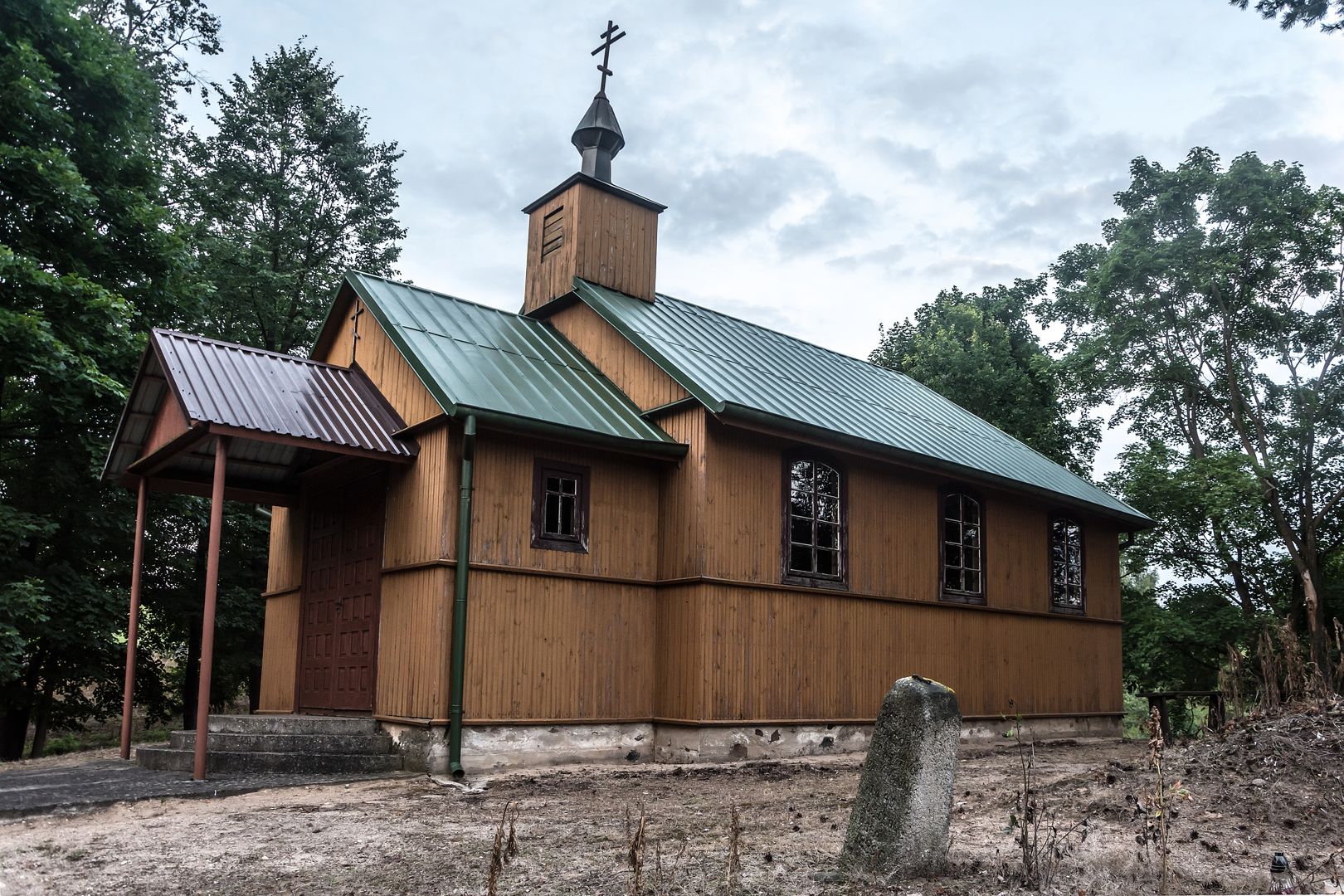Krynki
6.21

Overview
Krynki is a town located in the Podlaskie Voivodeship, within the Sokółka County, serving as the seat of the urban-rural municipality. It was granted town rights before 1518, and its history dates back to the Middle Ages when it was part of the Grodno economy. The town developed dynamically, and in the 18th century, it acquired a unique spatial layout with a hexagonal market square and streets radiating from it, making it the only such place in Poland. In the 15th century, Krynki was the meeting place of Władysław Jagiełło and the Grand Duke of Lithuania. Over time, many Jews settled here, receiving privileges to develop trade and religious activities, which contributed to the flourishing of the Jewish community. In the 19th century, the town became an industrial center, especially for textiles, with manufactories that generated significant income. Krynki also witnessed workers' protests, including a general strike in 1905 that led to the so-called "Krynki Republic." After World War II, the town lost its municipal rights, which were restored in 2009. Modern-day Krynki is known for its spring water production, and its inhabitants are primarily engaged in agriculture. Among its landmarks are the Orthodox church from 1864, the Catholic church of St. Anne, an 18th-century gate bell tower, the synagogue of the Slonim Hasidim, and the unique market square layout. Krynki has a rich cultural heritage, and notable figures include the writer Sokrates Janowicz and the poet Sara Fel-Jelin. The residents of Krynki, predominantly Poles, make up over 96% of the population, reflecting the demographic changes in the region after World War II.
Location
2026 Wizytor | All Rights Reserved